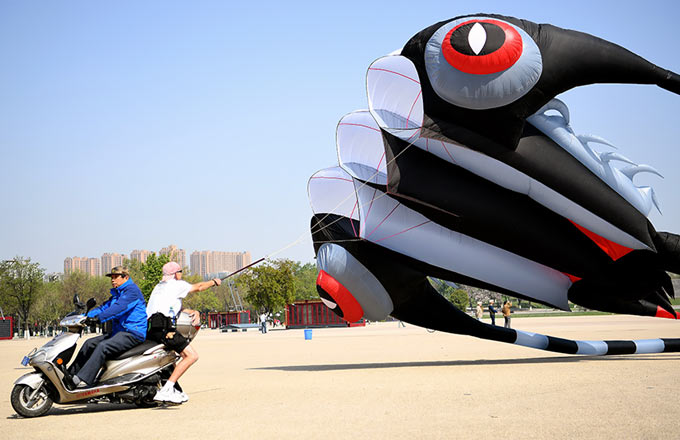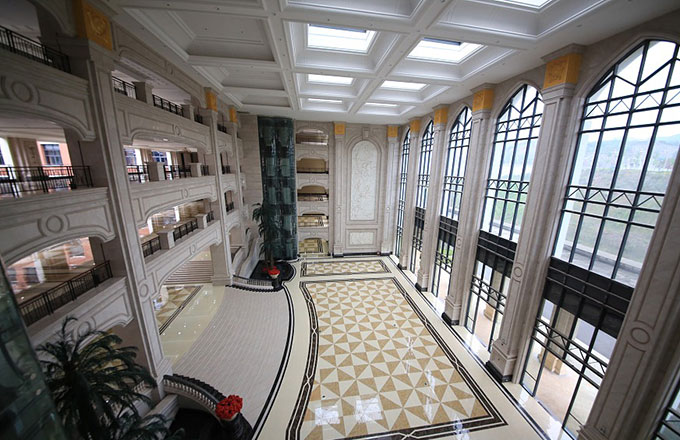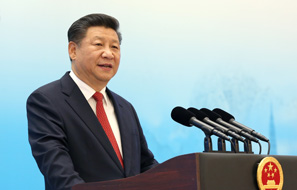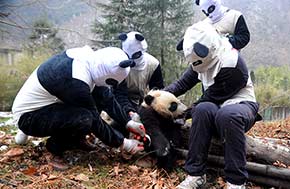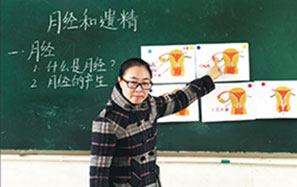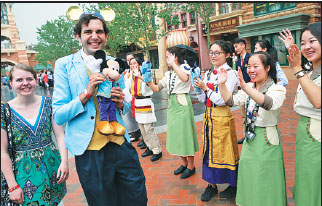Network making pirate products busted
An underground network of workshops that made and sold fake brand-name sanitary napkins worth more than 150 million yuan ($24.4 million) has been smashed in a series of raids in six provinces.
Since February, police in Quanzhou, Fujian province, had received reports from women who said they experienced itching and pain after using some brand-name pads, said Wu Weijie, a police officer with the Quanzhou public security bureau's economic crime investigation team.
Police then discovered a number of underground workshops making and selling counterfeit sanitary napkins in Quanzhou's Luojiang district.
After an investigation exposed a criminal manufacturing network that involved cities in other provinces — including Chuzhou in Anhui and Chengdu of Sichuan — Quanzhou police proposed a joint operation to the Ministry of Public Security.
On March 21, 43 suspects were detained in six provinces — Fujian, Anhui, Hebei, Hubei, Zhejiang and Sichuan — according to the Ministry of Public Security.
Some 7.6 million semi-finished and finished counterfeit articles labeled Whisper, Sofy and ABC and about 12 tons of raw materials were seized in raids.
Forty-three sites used in the production, storage or packaging of the fake articles were destroyed, and 20 product lines were closed, the ministry said.
Wu said the network had three major chains, including one with articles made in Quanzhou and sold to Wuhan, Hubei province, and another that had raw material made in Quanzhou, packaged in Zhejiang province and finished in Mingguang, Anhui province.
Beijing Times quoted a ringleader named Huang from Quanzhou, who has been providing raw material to an underground factory in Mingguang since 2011, as saying that he could earn nearly 1,000 yuan for a ton of raw material.
A man surnamed Hua, of the factory in Mingguang, owned a workshop that occupied hundreds of square meters that could churn out hundreds of thousands of counterfeit products, the report said.
The police investigation found one fake finished product costs about half the price of the genuine article, and the counterfeits were sold mainly to convenience stores and small supermarkets, especially in rural areas.
"The counterfeits were very substandard, with shoddy white scraps filling the inside of the items, but the packaging was so convincing that customers were easily fooled", Wu said.






